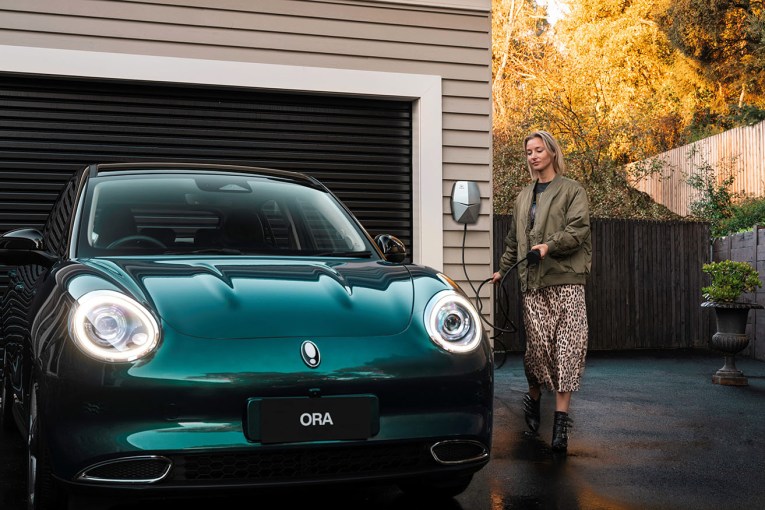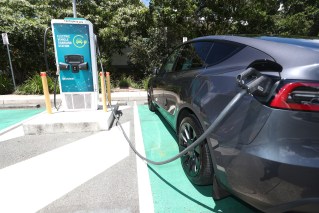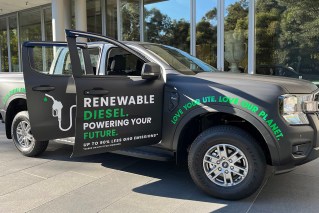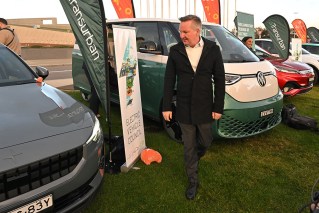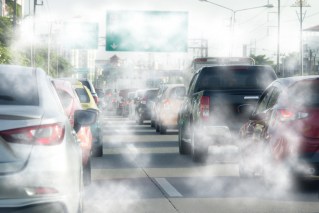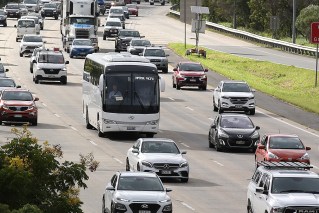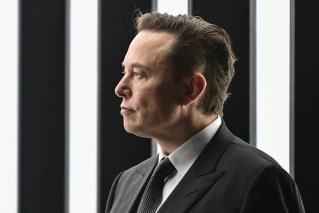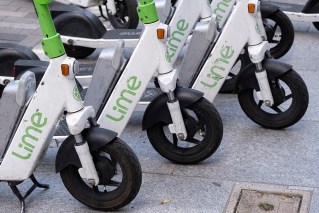Volkswagen has killed the diesel car
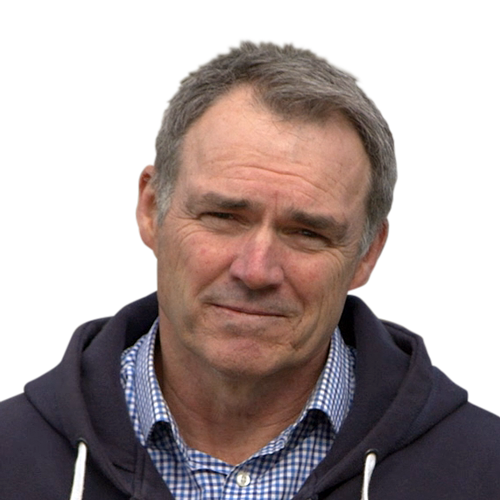
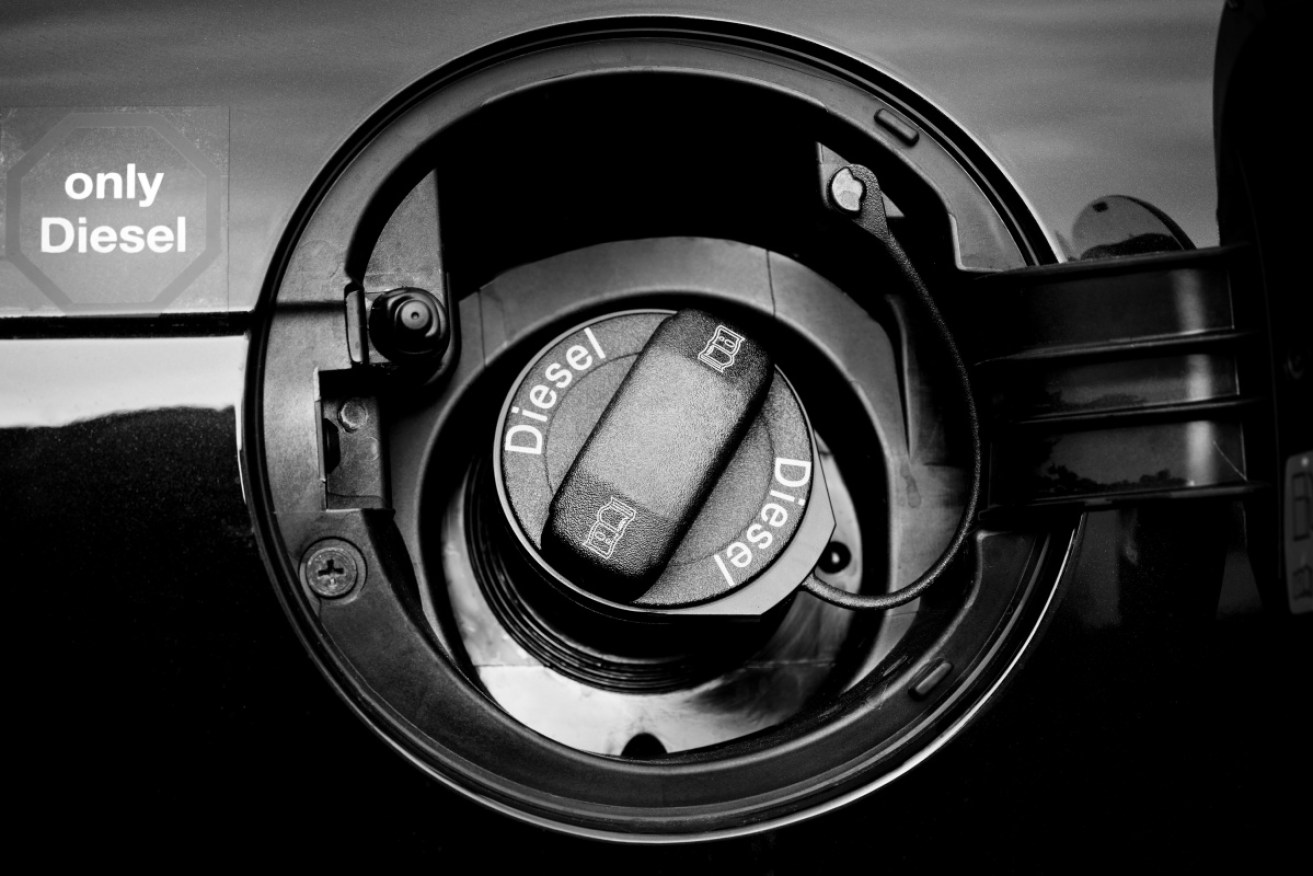
Diesel will disappear from the VW passenger car line-up in October. Photo: Getty
Volkswagen, the car company that made diesel a dirty word, is abandoning the technology in Australia. It’s an industry-wide trend.
Come October, not one Volkswagen passenger car on sale here will be powered by a turbo-diesel engine. Instead it will be restricted to some SUVs and VW’s commercial vehicle line-up.
Globally, the Volkswagen group has had to recall about 11 million vehicles and pay out billions of dollars in fines and penalties because of emissions-cheating software it intentionally fitted to direct injection turbo-diesel engines between 2008 and 2015.
The software sensed when the engine was being tested in a laboratory and activated its emission controls. But the system shut down on the open road, meaning nitrogen oxides – which cause smog and health issues – were being pumped into the atmosphere at many times the claimed level.
VW resorted to cheats for four-cylinder and V6 diesel engines as it struggled to meet emission, internal cost and performance targets.

The Golf and Polo were two of the popular Volkswagen models affected by the emissions scandals. Neither will be sold in diesel any longer. Photo: Getty
Locally, Volkswagen and other members of the VW Group, Skoda, Audi and Porsche, have had to recall about 100,000 cars. It is also the defendant in a Federal Court action brought by the Australian Competition and Consumer Commission, as well as two class actions.
Diesel will disappear from the VW passenger car line-up in October when the Golf small car is updated with a petrol-only range.
That follows on from deletion of diesel from the Passat large car this year, the axing of the entire Jetta sedan line-up including its diesel model, and the culling of the Tiguan SUV back to two petrol models.
Go back five years and seven different Volkswagen passenger car line-ups included diesel-fuelled models.
“Any decision about dropping diesel here is not driven by the emissions issue,” Volkswagen Group Australia chief Michael Bartsch said.
“It is an issue of what we can get out of Germany.”
While that’s strictly true, dieselgate promoted the introduction of tougher new ‘WLTP’ real-world emissions testing in Europe and VW’s decision to focus on developing electric vehicles rather than diesels.
Mr Bartsch concedes both of those factors have played a part in the local diesel cull.
“With all the planning and development that is going on with the move to electric, one of the big topics with our colleagues in Germany is complexity and whether you had WLTP or not, complexity would have been an issue.
“Even if you didn’t have the emissions issue, we still would have had to look at the complexity issue.

The emissions scandal may have simply accelerated diesel’s inevitable demise. Photo: Getty
“We have lost and will lose variants as a simple matter of complexity. That has been accelerated by the WLTP issue, no question about that.
“And for Volkswagen the WLTP issue has been compounded by having to work through the vehicles that have been challenged under the emissions topic.
“So, in some ways, it’s been a bit of a perfect storm.”
Automotive analyst Ross Booth of Redbook.com.au said VW’s move away from diesel was reflected across the local car industry, with less demand and supply evident.
“Passenger diesel sales from a new-car perspective in the Australian market are down 28 per cent year on year,” Mr Booth said.
“There is a new-car cost premium of around $2000 on diesel cars and people are no longer seeing that value proposition; the diesel car is more expensive to buy, it’s more expensive to service and you really have to do lots of kilometres to get your money back.
“So people are now looking for different options.”
